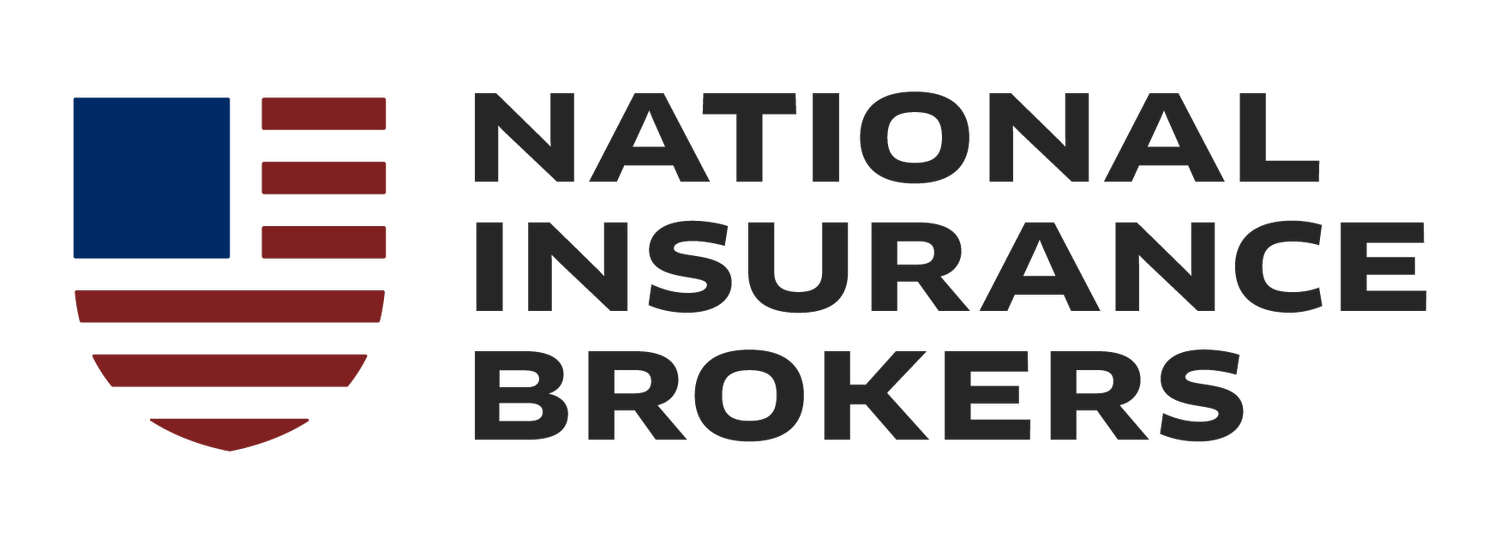Protecting Your Business and Beyond: Key Insurance Policies for the Self-Employed
For self-employed individuals, securing comprehensive insurance coverage is not just a business necessity but a crucial aspect of financial security. Self-employment involves unique risks and challenges that can significantly affect both business and personal life. This is where specialized insurance policies play a pivotal role.
General Liability Insurance
General liability insurance is vital for self-employed professionals as it offers protection against common business risks such as bodily injury or property damage claims.
For instance, if a customer gets injured at your business premises or their property is damaged during your service, this insurance can cover the resulting costs.
When choosing coverage limits, it's essential to consider the scale of your operations and the potential risks involved to ensure sufficient protection. This type of insurance is necessary for those who interact regularly with clients or customers.
In addition to covering third-party claims, general liability insurance may include product liability, which is crucial for businesses that manufacture or sell products. This coverage can protect against claims of harm caused by products, which is a significant consideration for self-employed individuals in the retail or manufacturing sectors.
Professional Liability Insurance
Professional liability insurance, or errors and omissions insurance, is critical for those offering professional services or advice. It provides coverage for claims related to negligence, errors, or omissions in the services offered.
For example, a freelance graphic designer could face a lawsuit for missing a critical deadline that causes financial loss to a client. This insurance is essential for self-employed individuals whose work could lead to legal actions due to professional mistakes or oversights.
This insurance often covers defense costs, even if the lawsuit proves groundless. Professional liability is significant in professions where the risk of being sued for negligence or errors is high, such as consulting, accounting, or legal services.
Business Property Insurance
Business property insurance is crucial for protecting the physical assets of self-employed individuals. Whether it's office equipment, tools, or inventory, this insurance helps cover repairing or replacing business assets in cases of theft, fire, or other disasters.
It's essential to accurately assess the value of all business-related property to ensure adequate insurance coverage. Additionally, understanding the insurance policy details, including exclusions and coverage limits, is essential in protecting all critical assets.
It's also beneficial to consider business interruption coverage as an extension of property insurance. This can cover the loss of income from damage to your business premises, a vital aspect of risk management for physical storefronts or home-based businesses.
Business Interruption Insurance
For self-employed people, an interruption in business operations can have a significant financial impact. Business interruption insurance helps cover the loss of income and fixed expenses during periods when your business cannot operate due to a covered event.
This type of insurance is particularly beneficial for those whose business operations are crucial to their income. It provides a safety net, ensuring unexpected disruptions don't lead to financial distress.
This insurance may also cover the extra expenses incurred to resume normal business operations, such as renting a temporary location or additional advertising costs. These aspects are critical for maintaining business continuity and customer relationships during unplanned closures.
Health Insurance Options
For self-employed individuals, navigating health insurance choices can be complex. One option is an individual health insurance plan, which can be purchased through the Health Insurance Marketplace under the Affordable Care Act (ACA).
These plans offer essential health benefits but can vary in coverage and cost. Health Savings Accounts (HSAs) are another alternative, especially for those with high-deductible health plans, offering tax benefits and savings on medical expenses.
Understanding the ACA is crucial as it provides opportunities like premium tax credits to help lower monthly premiums and make health coverage more affordable.
Disability Insurance
Disability insurance is an often overlooked but essential aspect of insurance for self-employed individuals. It provides income protection in case you're unable to work due to illness or injury.
Short-term and long-term disability insurance policies are available, each covering different time frames and scenarios.
The appropriate coverage amount should be based on your monthly expenses, self-employment income, and other personal factors. This insurance ensures financial stability during periods when you cannot earn an income.
Consideration should also be given to 'own occupation' disability insurance policies, which provide benefits if you are unable to perform your specific job functions. This is particularly beneficial for specialized professions where generic disability coverage might not fully recognize the unique aspects of your work.
Cyber Liability Insurance
In an era where cyber threats are increasingly common, cyber liability insurance is becoming essential for any business, including those run by self-employed individuals.
This coverage protects against data breaches, cyber-attacks, and related security issues. It's important to complement this insurance with robust cybersecurity measures to safeguard your business further. This proactive approach minimizes the risk of cyber incidents and the resulting financial implications.
Additionally, many cyber liability policies offer support services, such as forensic analysis and public relations assistance, which are crucial in managing the aftermath of a cyber incident. This support can be invaluable in preserving your business reputation and customer trust.
Personal Auto Insurance Considerations
For self-employed professionals using their personal vehicles for business purposes, understanding the nuances of personal auto insurance is key.
Standard personal auto policies may not provide coverage for business-related activities, which is a common misconception.
It's crucial to discuss with your insurance provider the extent of your vehicle's business use to ensure you have adequate coverage. In some cases, adding a business use endorsement to your existing policy or obtaining a separate commercial auto insurance policy may be necessary.
Conclusion
Navigating the world of insurance as a self-employed individual requires careful consideration of various policies, including health, disability, cyber liability, and auto insurance.
Each type of insurance plays a critical role in protecting different aspects of your business and personal life. Conducting personalized insurance assessments based on your individual business needs is essential.
For those interested in exploring their insurance options further, My National Broker offers expert guidance without any obligation. They can provide personalized advice to help you find the right insurance solutions tailored to your specific needs as a self-employed professional.
Contact National Insurance Brokers to secure your financial well-being and peace of mind in your business endeavors.

